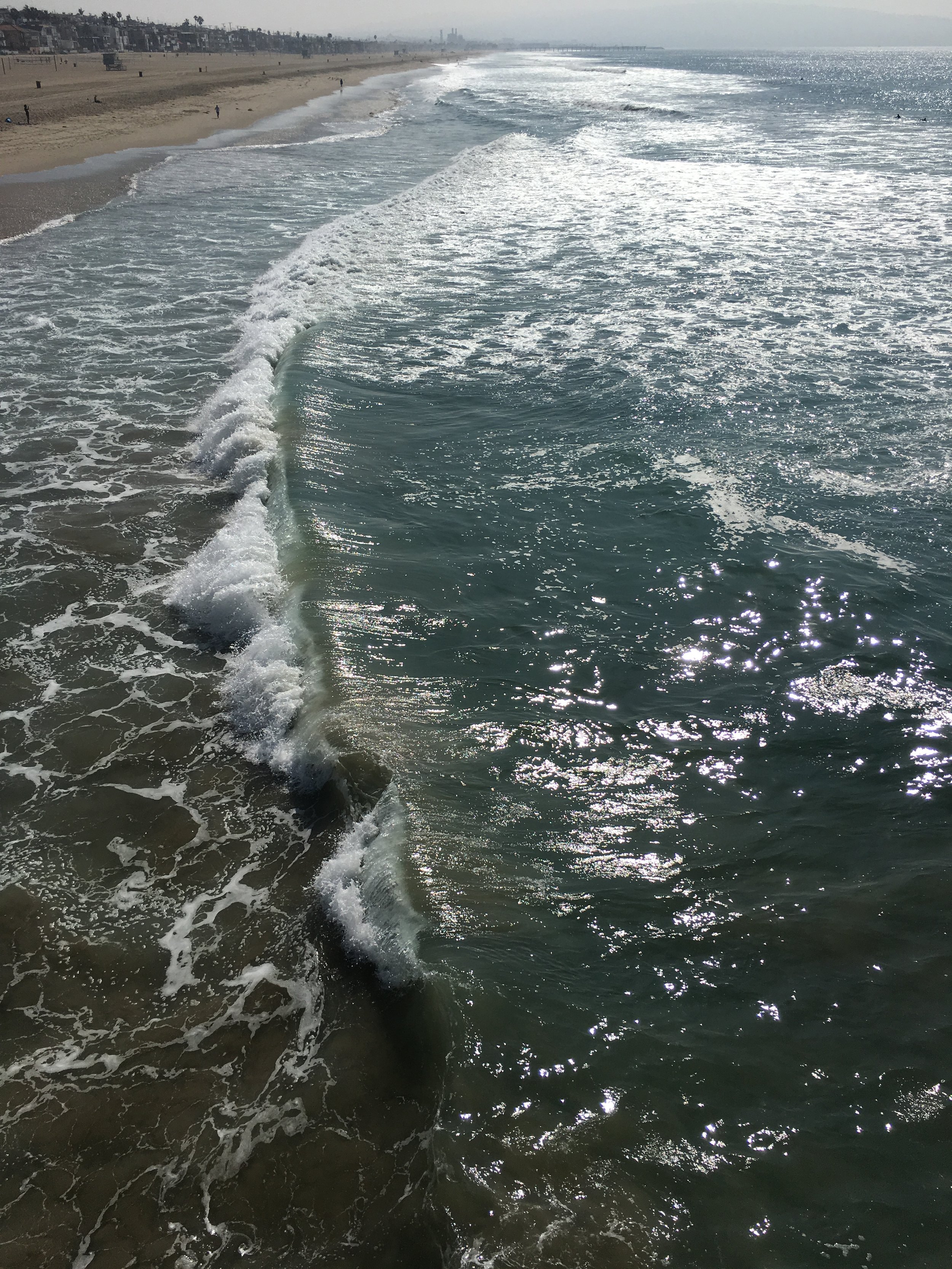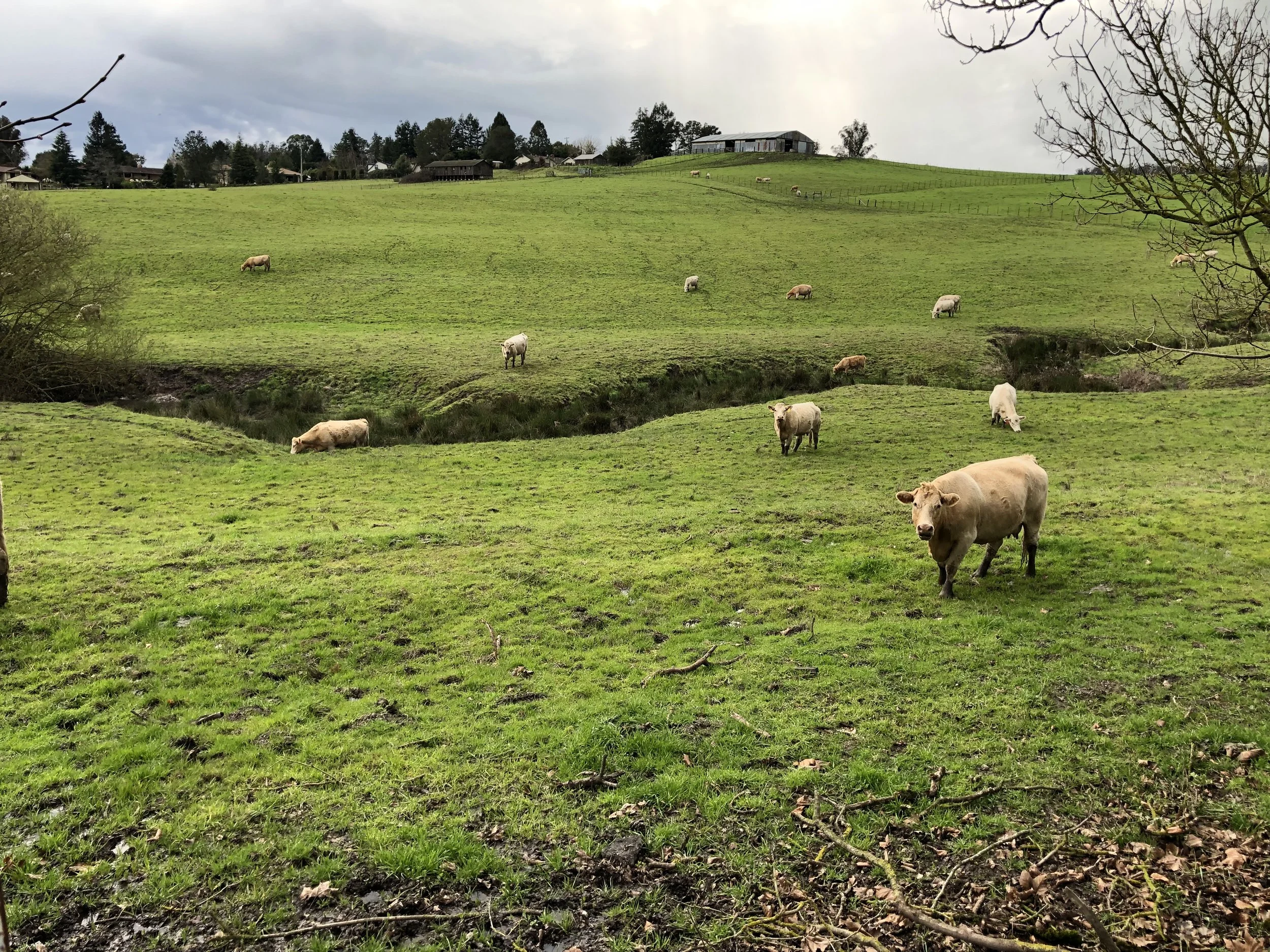Environmental Impact
So, why do what we do?
There are much simpler ways to manufacture products like clothes or bags for far less money. Unfortunately, these methods and products tend to have a detrimental impact on the environment. As a small company starting out with very low to little profit margins, “why?” becomes an important question.
“Easy & Cheap” : the new normal in the fashion industry
Cost effective fabrics and mass produced clothes are damaging the quality of textiles around the world. This is creating a trend known as “fast fashion”. Fast fashion is when the quality of clothing and overall fabrication of clothes is made based on trends and what’s stylish, but as trends die out, so do the lifespans of outfits. This promotes an ever-changing wardrobe and discourages long lasting pieces of clothing that can last a lifetime. It’s difficult to find clothing that last’s more than a year due to this trend.
We are hoping to change that.
If you’d like to hear more about how we are currently making an impact in the eco- friendly clothing space, look at how we’re changing the game below.
All transparencies used during the screen burning process have the PETE symbol pictured above, which lets recyclers know how to quickly and efficiently recycle this plastic waste when we no longer need them.
Current actions being taken
While the water based screen printing process is more beneficial for the planet than printing with plastisol inks, it is a more difficult and time consuming method.
When printing with water-based ink the ink tends to dry at a rapid pace as the water in the ink evaporates quickly. Plastisol, on the other hand, needs a substantial amount of heat (usually 300-400 degrees) in order to cure the ink so that it can dry. This is an easier process for screen printers, but is detrimental to human health in the screen printing shop as fumes from heated plastic in the ink are toxic. It also causes damage to plumbing, creates environmental waste and overall makes a product with a limited life span.
The plastic within plastisol also tends to crack over time making the shirt less likely to wear, eventually causing it to end up in clothing waste. Water based ink becomes one with the fabric, allowing the clothes to breathe and have a longer print life.
Using water based inks and chemicals comes at a premium. They cost twice as much as plastisol products and for a smaller quantity. The cost will reduce over time as the industry is moving towards these products, but they’re not there yet. These products are an important part of our mission and we plan to stick with them.
The majority of our clothing is produced in ethically driven factories where workers are compensated appropriately and they produce zero to no clothing waste. Many of our textiles are made with recycled materials. These commitments make small impacts, but drive the message to manufacturers that these eco-friendly items should be more accessible and used more frequently.
Any chemicals used to create the designs or clean out screens are all plant based ingredients that don’t cause harm to the environment or to the screen printers.
By printing with aluminum framed silkscreens, we can repurpose them with new mesh once the silkscreen has worn out over time. This allows for thousands of screen prints from a single frame. If the frame becomes damaged, it can then be recycled, because aluminum is one of the most recyclable materials on the planet.
For every purchase made we donate $1.00 to the Clean Air Task Force. They are a climate initiative pushing technology and policy changes needed to create a zero-emissions, high-energy planet at an affordable cost.
Future Goals
Printing with biodegradable ink, like Algae based Ink, on biodegradable textiles.
Fabricating our own line of textiles with a manufacturer to produce high quality clothes with recycled materials.
Reducing carbon emissions by offsetting carbon during the shipping process.
Investing in companies that capture carbon from the air and reduce the CO₂ emissions that are overwhelming the planet.








